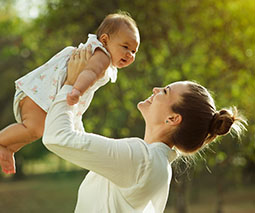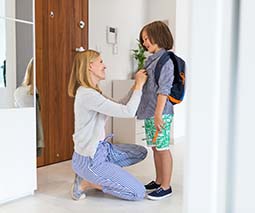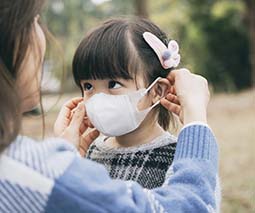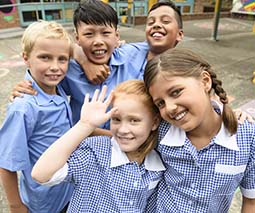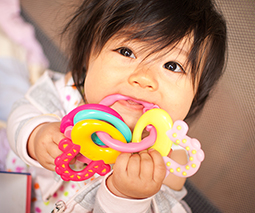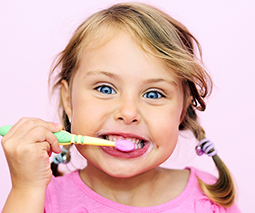Kids as young as 4 are stressed and anxious: “We need to take action”
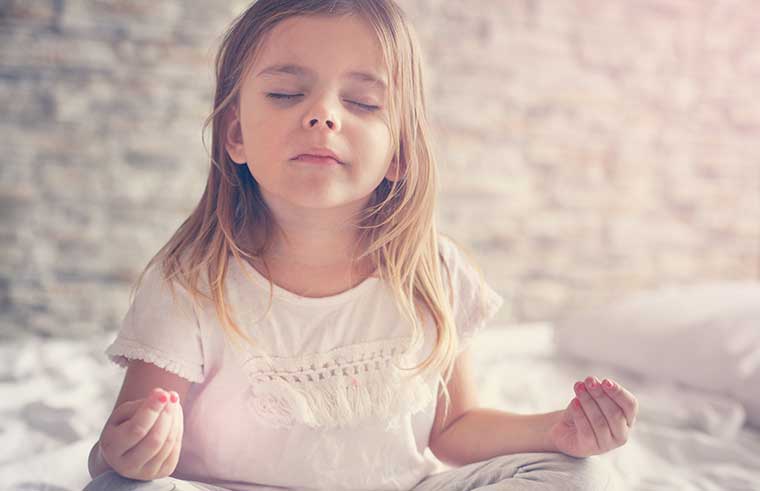
Kids as young as four are feeling the stress and anxiety that comes with our modern-day lifestyle.
The more you look into it, the clearer it seems that gone are the days of a ‘carefree youth’. Today’s kids are confronted with the pressures of schooling, social media, peer and personal issues … and it’s taking a toll on their mental health from a very young age.
While reports vary, the Queensland Education Department believes one in seven people aged four to 17 struggle with their mental health every year, across the country. Mission Australia and the Black Dog Institute believe this figure could be closer to one in four.
As psychologist, Addie Wooten – head of not-for-profit meditation program, Smiling Mind – told the ABC, “More than 50 percent of mental health conditions actually have their onset before the age of 12, so if we can get in early and support young children … we can make a real difference to those stats.”
We need to take action sooner, not later
With all this in mind, it’s reaffirming to hear of steps being taken to assist the mental health of younger children – a demographic that is incredibly susceptible to social pressures but often overlooked.
The federal Health Department has vocalised their support for meditation and mindfulness in schools, and while the onus is still on schools to implement practices, its popularity is on the rise and many are pushing to make mindfulness sessions part of the national curriculum.
In the 2019 budget, $2.5 million was pledged towards Smiling Mind, a school-focused meditation program – with tens of thousands of educators reportedly using the tool already.
“We’re seeing an increasing rate of mental illness … we’re also seeing a rise in behavioural issues like bullying and disruptive behaviour in the classroom, so I think that’s leading to teachers exploring how they can better support their students,” says Smiling Mind CEO, Addie Wooten.
The benefits are huge
Meditation and mindfulness have been proven to impact kids’ social skills, self-confidence and self-monitoring. It gives them words to vocalise their feelings, and power to share their feelings with friends and family. Ideally, it is something that should be incorporated into a child’s routine every single day, providing a chance to clear their mind, relax and put things in perspective.
If your child’s school is yet to implement something like this, talk to your teacher or principal about it. Alternatively, you can always try meditation and mindfulness activities at home.
Check out Kinderling’s Daytime Explorers and Bedtime Explorers podcasts for kid-friendly meditations and mindfulness exercises your family can listen to anytime.
This post was originally published on Kinderling Kids Radio. Download the Kinderling app for more great stories.
